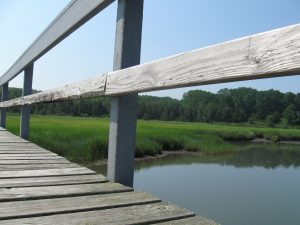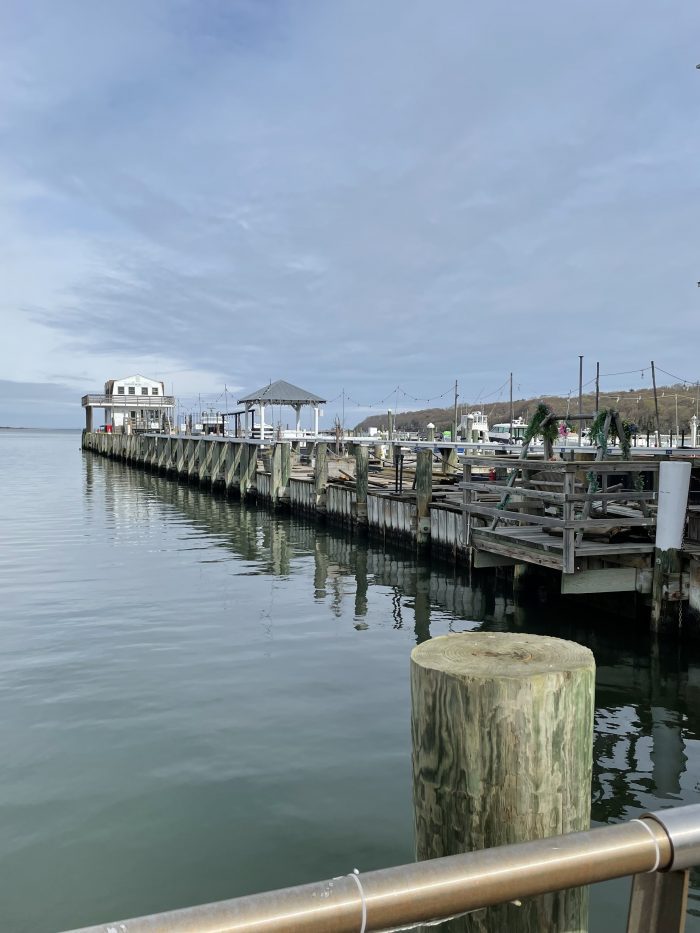Guest editorial: Vote ‘yes’ for clean water!
By George Hoffman
This Election Day, voters face an important ballot question: Proposition 2, the Clean Water referendum. If passed, this measure will fund crucial efforts to protect our drinking water and our bays and harbors from harmful nitrogen pollution. Much of this excess nitrogen comes from outdated cesspool systems in homes throughout Suffolk County.

Nitrogen pollution is the primary cause of water degradation in our streams and coastal waters, and it also threatens our deep aquifers. Fortunately, there are affordable solutions available to reduce nitrogen pollution, which will allow us to begin restoring local water quality to healthier levels.
As one of the founders of the Setauket Harbor Task Force and someone who has monitored water conditions in Port Jefferson and Setauket harbors for nearly a decade, I’ve witnessed firsthand how nitrogen disrupts the delicate ecological balance in these fragile environments. Nitrogen acts like a steroid in marine systems, fueling excessive seaweed growth and harmful algal blooms. These blooms can lead to fish kills and unsightly seaweed buildup along the shoreline, impacting the quality of our recreational waters. With climate change heating our local waters, we are at greater risk of more frequent algal blooms, which will only exacerbate the problems we are already facing.
Proposition 2 offers a solution: for just 1/8th of a penny in sales tax, we can create a reliable funding source to help homeowners replace their outdated cesspools with modern low-nitrogen systems. This change will significantly reduce nitrogen levels, leading to cleaner water in our harbors and bays.
This Election Day, remember to flip your ballot and vote “Yes” on Prop 2 for clean water and a healthier environment in Suffolk County. Supporting this measure is essential for ensuring that we take the necessary steps to protect our vital water resources for future generations. Together, we can secure a cleaner, safer environment for our community, benefiting both residents and local ecosystems.
Author George Hoffman is a member of the Setauket Harbor Task Force.







